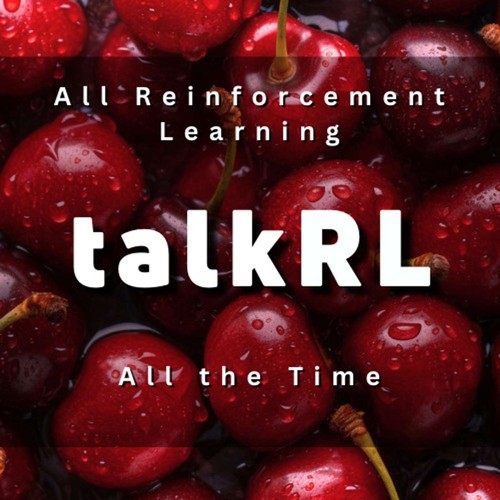
 TalkRL: The Reinforcement Learning Podcast
TalkRL: The Reinforcement Learning Podcast Eugene Vinitsky
7 snips
Aug 18, 2021 Eugene Vinitsky, a PhD student at UC Berkeley with experience at Tesla and DeepMind, explores groundbreaking applications of reinforcement learning in transportation. He discusses enhancing cruise control systems through cooperative AI behaviors, tackling traffic management challenges, and optimizing flow using decentralized systems. Vinitsky also dives into traffic simulations with Sumo, the effectiveness of PPO in multi-agent settings, and how AI can navigate social dilemmas like climate change. His insights illuminate the future of smart, efficient transportation.
AI Snips
Chapters
Transcript
Episode notes
Learning Social Norms via Sanctions
- Social norms can be learned by agents through classifiers trained on shared sanctioning behaviors.
- Adding pseudo-rewards for conforming to these classifiers promotes cooperation and reduces free-riding in decentralized settings.
Public Sanctioning Guides Driving Norms
- Public databases of sanctioning events, like honks, can guide autonomous agents to learn local driving norms.
- Such data sharing could help autonomous vehicles adapt to city-specific driving behaviors.
SUMO and Flow for Traffic Simulation
- SUMO is an open-source micro traffic simulator modeling individual driver behavior at a granularity suitable for traffic flow studies.
- Flow provides Python and RL interfaces to leverage SUMO for autonomous vehicle control experiments in realistic traffic networks.
